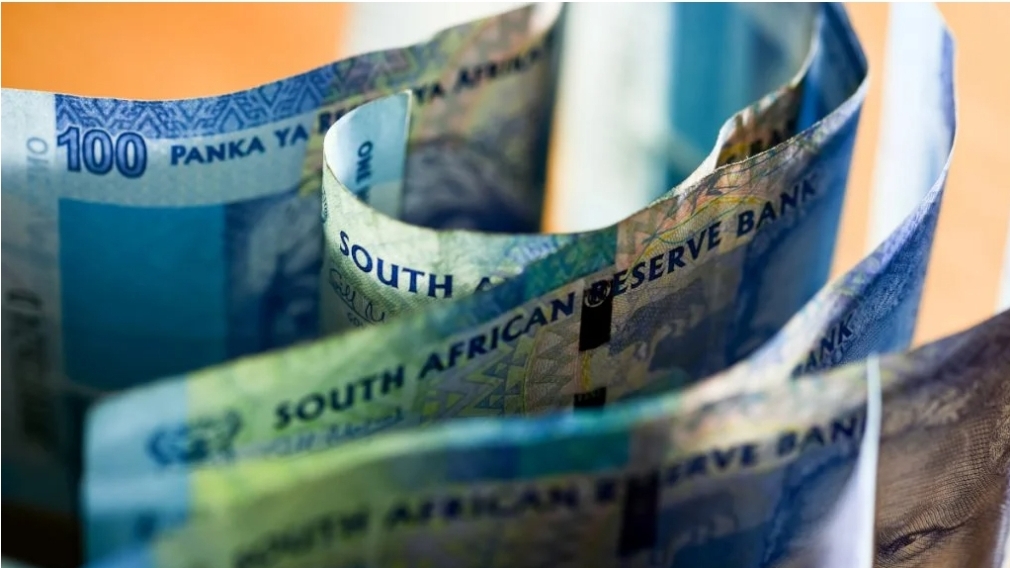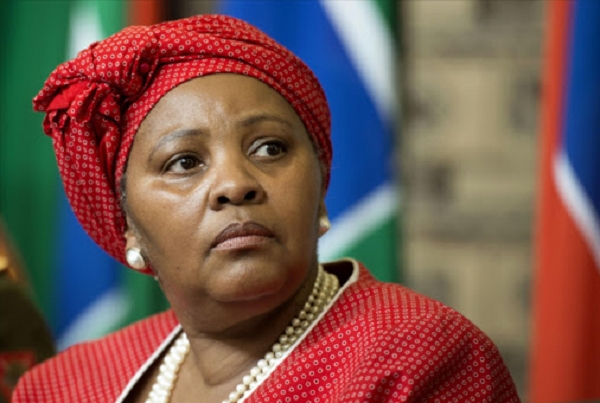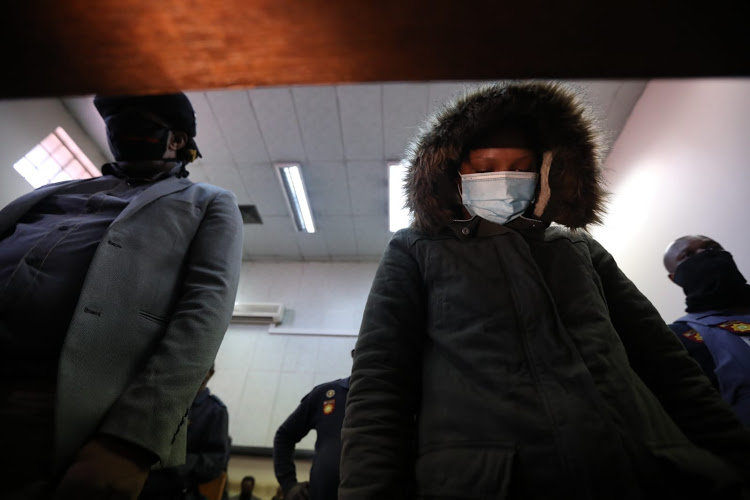SA: First National Assembly sitting is on Friday — with or without MK party MPs

‘We remain dedicated to ensuring that the established democratic processes and procedures are upheld in accordance with the laws and Constitution of our country,” Parliament said in a statement on Monday after the uMkhonto Wesizwe (MK) party again threatened that its 58 MPs would boycott the first sitting of the National Assembly.
Later on Monday, Chief Justice Raymond Zondo announced Friday, 14 June, as the day of the National Assembly’s first sitting, starting at 10am.
How can a child learn to read if they don’t have a book?
81% of South African children aged 10 can’t read for meaning. You can help by pre-ordering a copy of MavericKids.
For every copy sold we will donate a copy to Gift of The Givers for children in need of reading support.
With only a handful of days left before the sitting, pressure on political parties to agree on forming a government of national unity has ratcheted up.
Initial indications of an ANC-DA-IFP cooperation deal fell by the wayside when elements in the ANC alongside its alliance partners, Cosatu and the South African Communist Party, opposed working with the DA as it was seen as elitist and anti-transformation.
The ANC, with 40.2% voting support, can’t form a government by itself; it has met the DA (21.8% support), EFF (9.5%), IFP (3.9%) and others including the MK party (14.5%) and the United Democratic Movement.
No details of these meetings have emerged publicly, beyond generic statements of continuing “critical discussions aimed at advancing the interests of South Africa”, as DA national spokesperson Solly Malatsi put it in a statement on Monday. ⁰
This followed the line set last week by ANC President Cyril Ramaphosa that the 29 May election was “an opportunity to forge a more inclusive, cooperative and effective approach to governance”.
However, the Chief Justice setting Friday as the first sitting of the National Assembly has set in stone the timeline of what follows next.
Electing the President
While the National Assembly is already constituted and MPs are already parliamentarians, given the 2024 election result declared by the Electoral Commission of South Africa (IEC) on 2 June, electing the President is among the first constitutional tasks of the National Assembly in its first sitting. Section 86 of the Constitution requires this.
Electing the President is the first step towards forming the executive, or government. Once the President is elected and ceases to be an MP, the Constitution allows a maximum of five calendar days for the presidential inauguration. That’s the ceremony at which the President assumes office by swearing faithfulness to South Africa and obedience to the Constitution, according to Section 87 of the Constitution.
Strictly speaking, all that’s needed on Friday is for a President to be elected. If political parties can agree on that, they may buy themselves time to resolve how a government of national unity looks.
After the inauguration, it’s up to the President to announce the Cabinet and the new administration’s programmes and priorities. Before Ramaphosa, all presidents did so the day after being inaugurated; in 2019, Ramaphosa took four days.
Misinterpreting the law
This is the process the MK party wants to scupper by boycotting Friday’s first sitting of the National Assembly, arguing that without its 58 MPs the House can’t be constituted.
However, Parliament has been clear on the law and the Constitution — if the 58 MK party MPs do not show up, this will not delay, disturb or prevent the National Assembly from carrying out its constitutional duties.
That’s because the MK party has misinterpreted section 46 of the Constitution which puts the number of MPs at between 350 to 400, while legislation has confirmed the number at 400. But this is simply how the National Assembly is constituted, and it’s important to read South Africa’s supreme law in context, not isolated sections.
What is required for MPs to do their work is a quorum, which is set out in section 53 of the Constitution and parliamentary Rule 96.
“At least one-third of the members must be present” before a vote on any other question than legislation. Decisions on laws require the presence of 201 of the 400 MPs. This quorum requirement means electing a President — which is not a vote on legislation — requires 133 MPs in the House. The ANC with its 159 MPs could do that by itself as a President is elected by a majority of members.
Crucially, Rule 45 allows the National Assembly to proceed with its business “irrespective of the number of members present”.
Effectively, if 58 MK party MPs refuse to be sworn in on Friday, it will be a betrayal of more than 2.34 million voters who cast their ballots for the six-month-old political party led by ex-president Jacob Zuma to be in Parliament.
Such tactics would be straight out of the Zuma Stalingrad playbook. Approaching the courts on every minor point, while generating whispering campaigns to discredit the judiciary and prosecution services run through Zuma’s court battles over the past two decades.
This includes the more than eight-year court battle with the DA over the so-called spy tapes — the transcripts of wiretaps related to the 2009 decision to drop the Arms Deal corruption prosecution against Zuma, thus clearing his way to the Union Buildings.
Once the Arms Deal-related corruption and fraud counts were instituted in 2021, Zuma tried to privately prosecute prosecutor Billy Downer and journalist Karyn Maughan.
And after the Constitutional Court sentenced him to 15 months of imprisonment for contempt of court for refusing to appear before the Zondo Commission, he applied to the ConCourt to rescind its ruling.
All systems go
Crucially, by Monday the MK party had not yet filed court interdict papers; all it had done was to write a lawyer’s letter calling for the National Assembly not to take place.
The MK party is continuing to spin unspecified and unsubstantiated “unresolved objections” and “allegations of election fraud and rigging” to claim the 2024 elections were unconstitutional and the National Assembly cannot sit.
However, the party has failed to produce evidence of its allegations even to the IEC. The commission resolved more than 750 objections, including recounting votes at 24 voting stations, before declaring the 2024 election results on 2 June. Several observer groups have described the 29 May poll as free, fair and credible.
Because the MK party’s lawyers indicated the party’s MPs would boycott the National Assembly’s first sitting, Parliament cancelled their flights and accommodation, so “as not to incur fruitless and wasteful expenditure in contravention of the Financial Management of Parliament and Provincial Legislatures Act, 2009”, according to Parliament’s chief legal adviser, advocate Zuraya Adhikarie’s letter to the MK party’s lawyers on 8 June.
The first sitting will go ahead, Adhikarie’s letter said, “Unless and until the results of the election are set aside by a court pursuant to Section 49(3) of the Constitution, Parliament must ensure that the sittings take place as directed.”
And so, it’s all systems go for Friday under the eagle eyes of Chief Justice Zondo. DM





